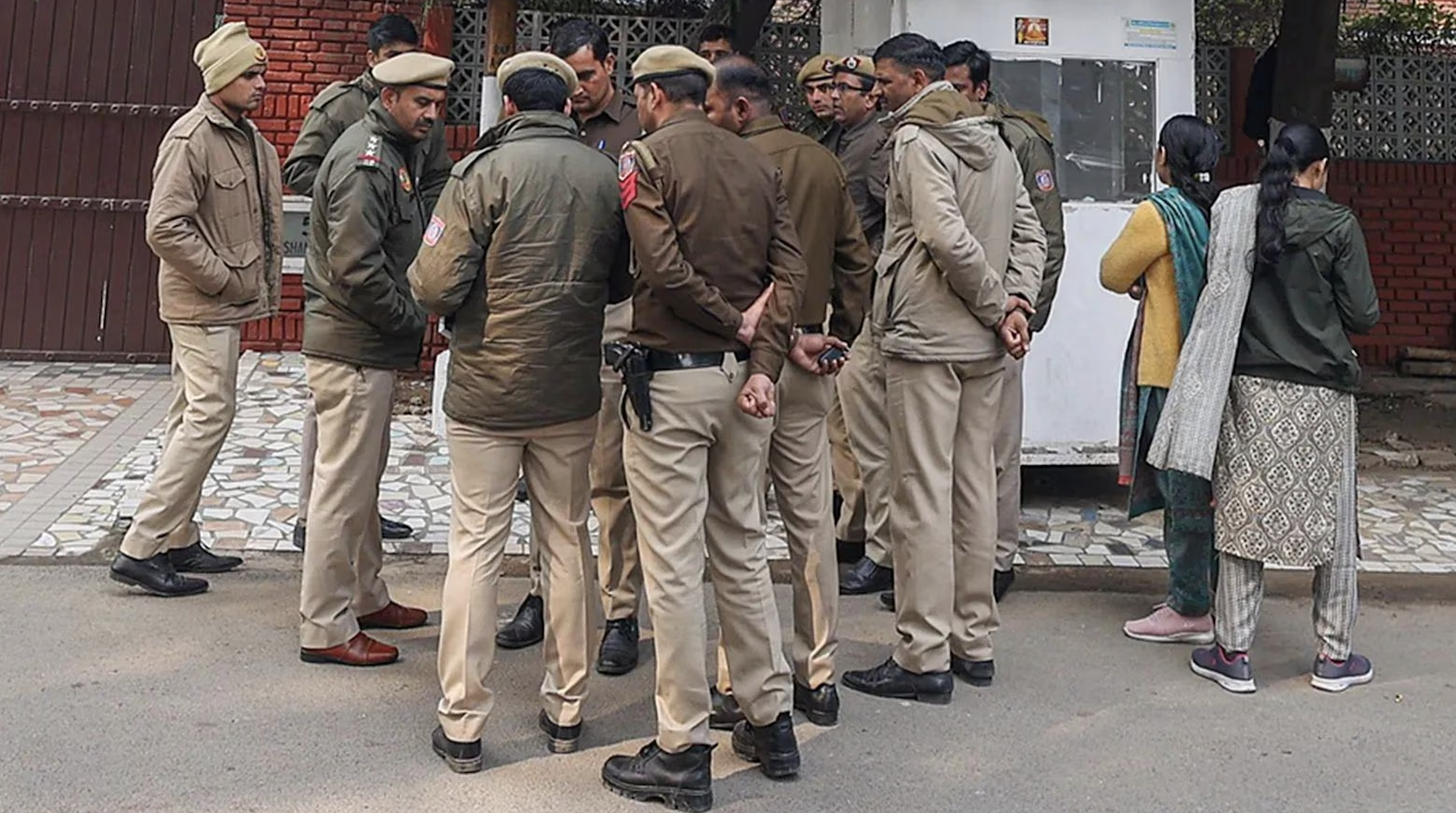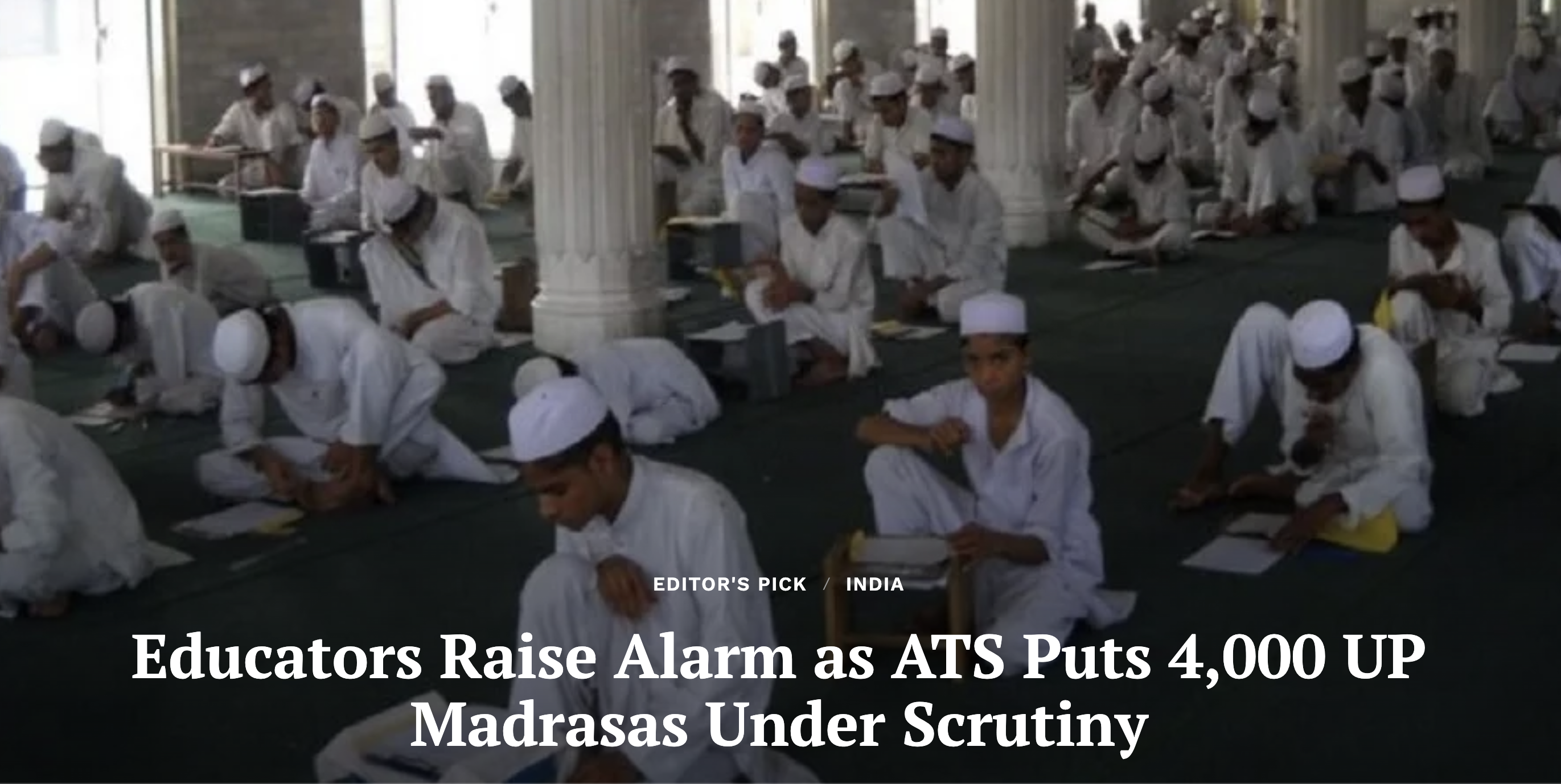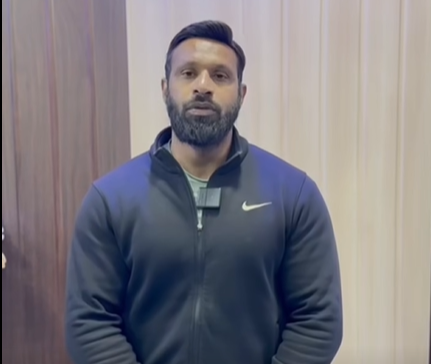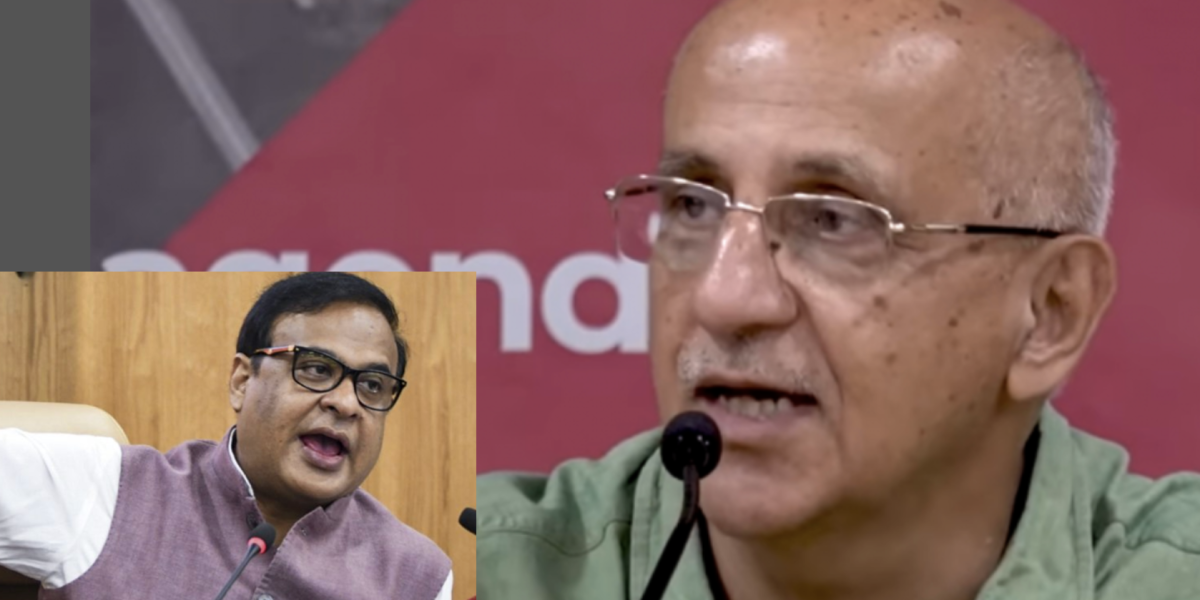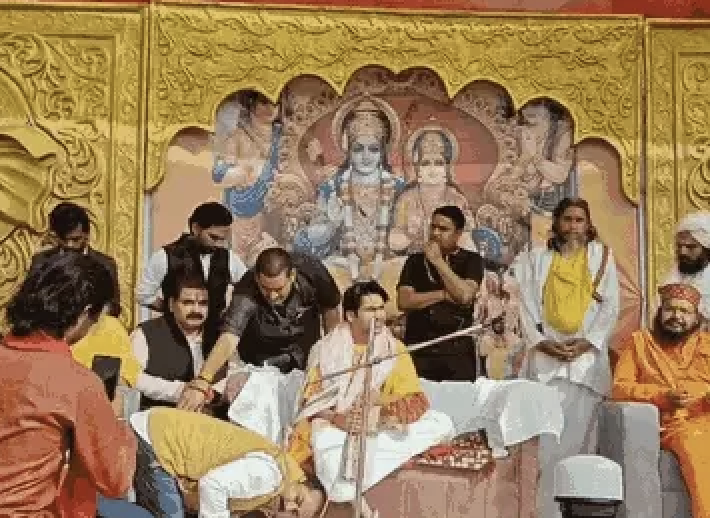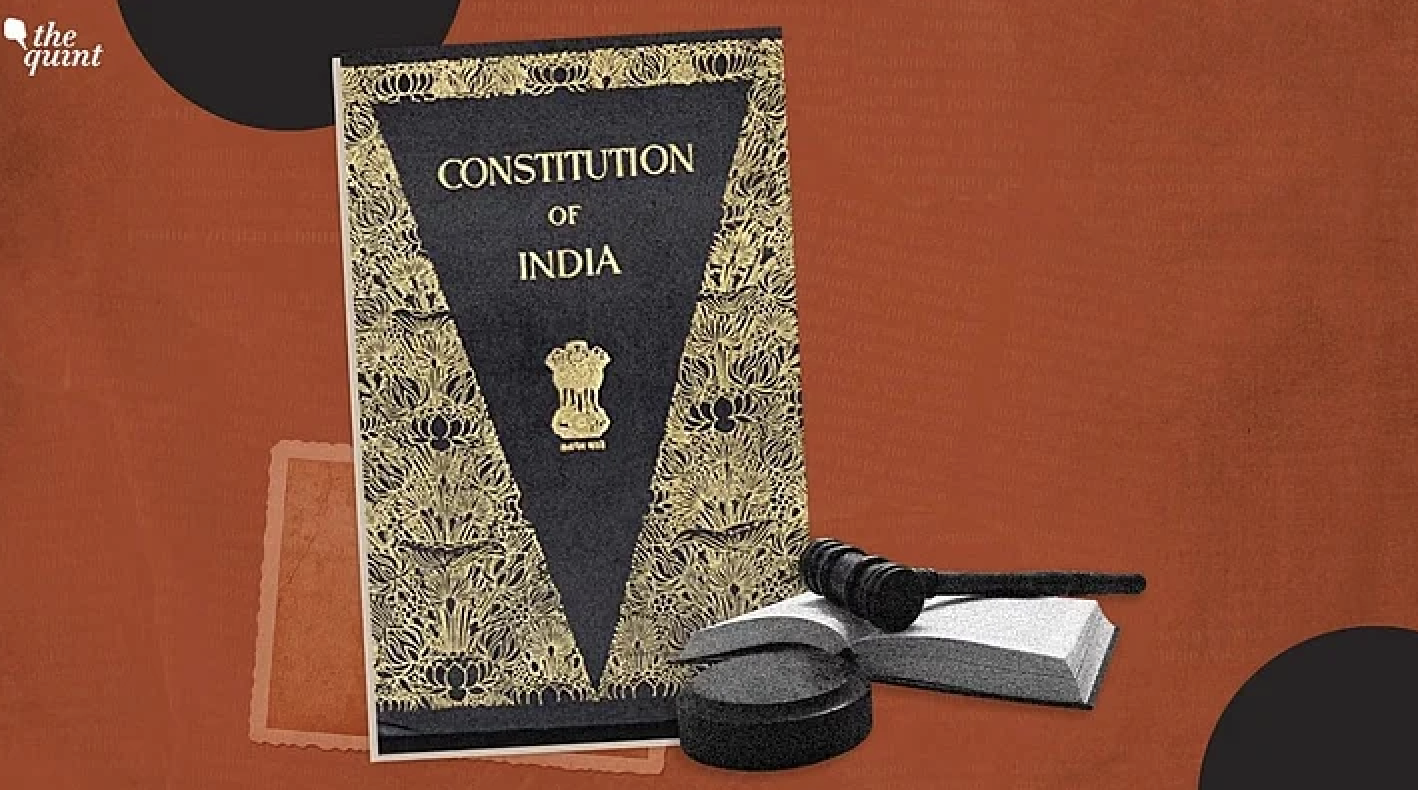
Should ministers, including the Chief Minister of a State or the Prime Minister of India, continue to hold office if they are in jail?
They shouldn’t.
Should it be mandated by law and the Constitution?
Absolutely not.
This may sound like a paradox, or worse, hypocrisy, but it is not. Not everything that is socially or politically desirable requires legal or Constitutional measures. For instance, it is socially desirable that population growth happens steadily, but can the law mandate that every woman has to have 2.1 babies in her lifetime? Of course not.
It is politically desirable to have able administrators as CMs or PMs but can the law dictate that no one be permitted to serve as PM or CM unless they have been an IAS officer or the head of a large company? Of course not.
So also with the demand that PMs, CMs, and ministers resign if they have spent 30 days in prison. It is desirable, but a legal measure undemocratic and unconstitutional. This is why I argue that the Constitution 130th Amendment Bill and the amendments to the Government of Union Territories Act, 1963, and the Jammu and Kashmir Reorganisation Act, 2019 constitute a direct assault on Parliamentary democracy in the Constitution.
They go against the basic structure of the Constitution and should immediately be withdrawn.
Understanding Westminster Parliamentary Democracy
The Westminster form of Parliamentary democracy requires the executive government to be headed by members of the legislature, ie, Members of Parliament (MPs) and Members of the Legislative Assembly of India (MLAs). The moment they cease to be MPs or MLAs, they cease to be PM, CM, or a Minister.
This story was originally published in thequint.com. Read the full story here.


